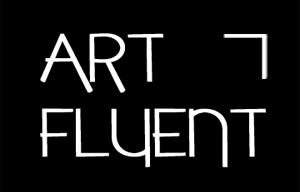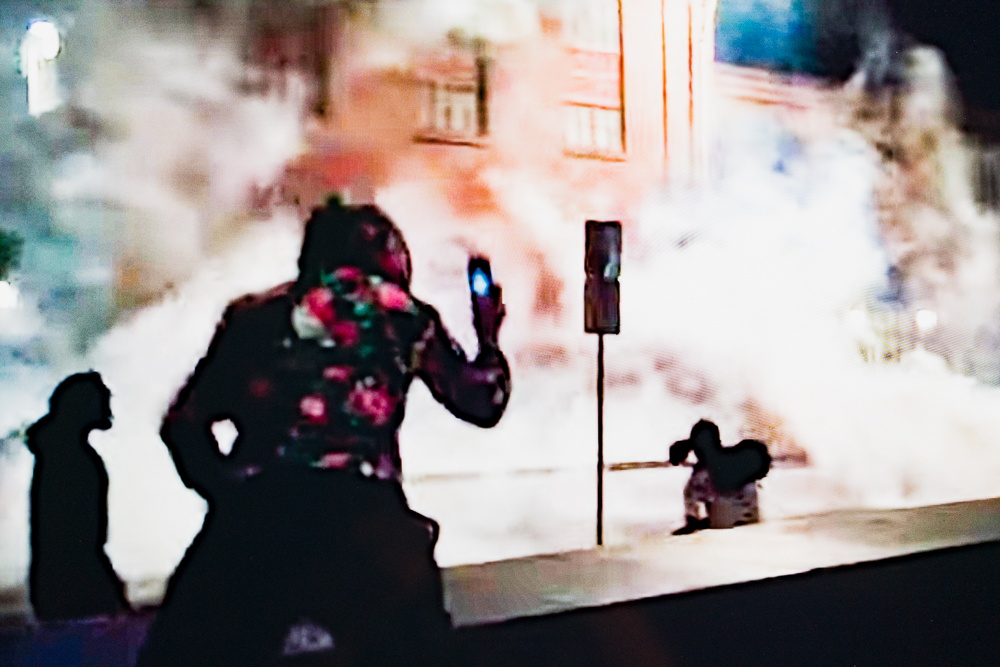
-Matthew, we’d love to hear your story and how you got to where you are today, both personally and as an artist.
While I have always been interested in photography, I didn't begin to study it seriously until fairly late in life. I studied music and philosophy in college, and worked as a pianist and picture framer in New York City before moving to Boston to attend law school. After graduating from law school in 1982, I worked in the Boston area as a criminal defense lawyer primarily representing indigent clients for 35 years. I retired in 2020.
I began to immerse myself in photography about 15 years ago, when I took my first photography workshop and fell in love with the workshop process. Since then, I have taken many workshops with some of the great photographers working in the broad documentary tradition, including Nikos Economopoulos, Constantine Manos, Jeff Jacobson, Stella Johnson, and Alex Webb.
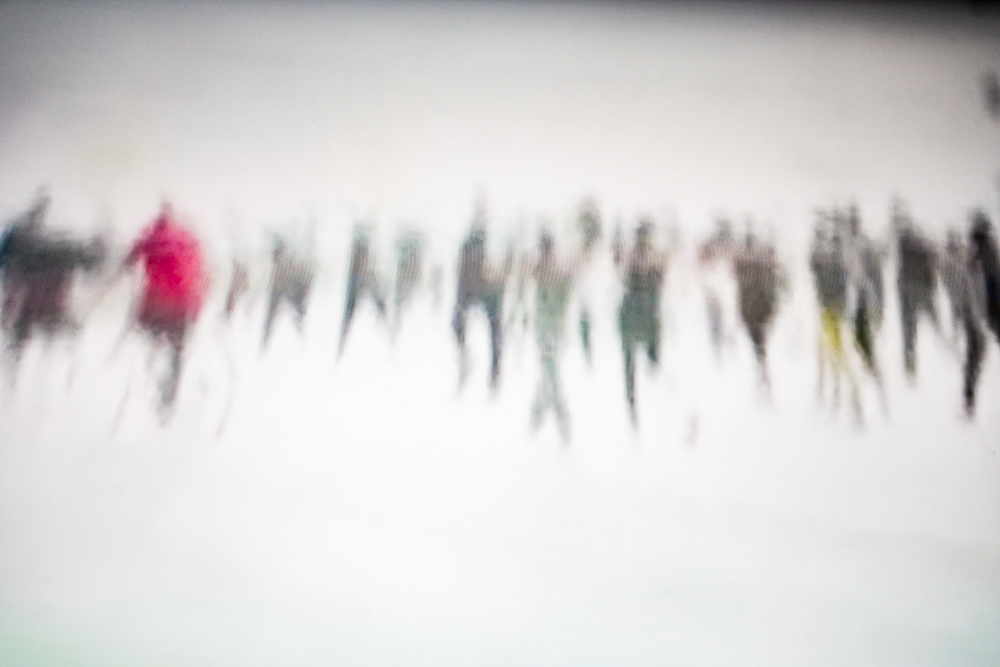
-What are the questions that drive your work?
When I set out to photograph, I don't have a particular idea or problem firmly in mind before I pick up the camera. My work is always driven in the first instance by the desire to make interesting images, not to tell a predetermined narrative. Unlike video say, I don't think still photography is at heart a narrative form.
For me, the emotional content of a picture is paramount. The process of focusing on the image, on how the elements within the frame relate to each other to convey meaning and emotion, without being overly concerned about what the meaning or emotion is, allows my personality, experience, and understanding to surface. It isn't until I begin to edit a group of pictures that seem to work together, that I start to see what the pictures are about.
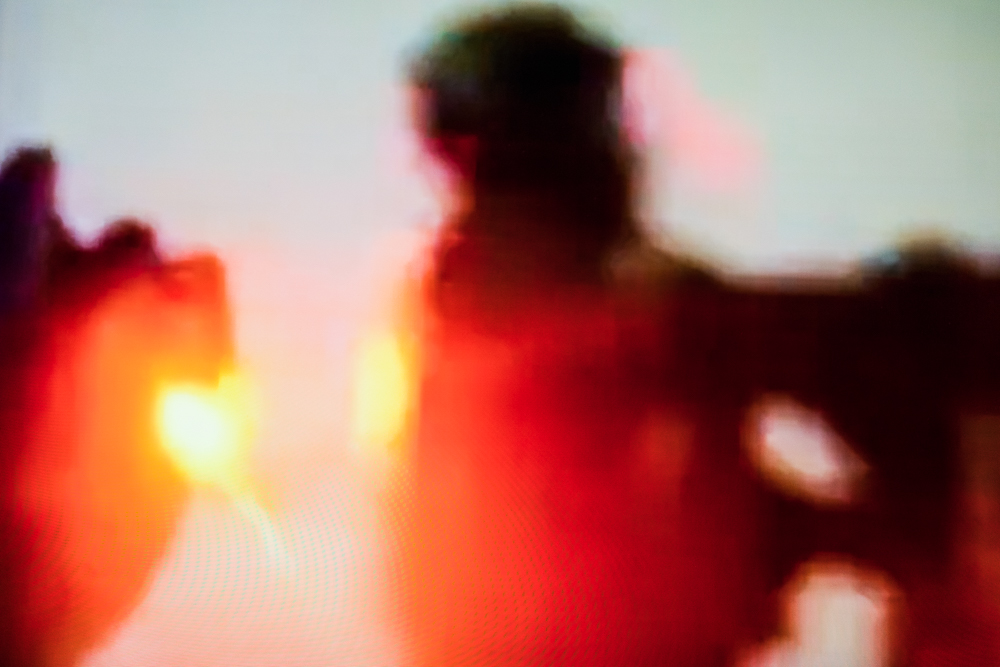
-Do you think the role of artists has changed considering everything that is going on in the world today?
I don't think so. While all art is in some way political, I think the foremost duty of an artist is to make art that engages with the medium to make something new and personal. Particularly in photography, where the image must reflect some fragment of the real world, if the photographer is true to the language of photography, then the picture will inevitably be responsive to the world in some meaningful way that reflects the personality of the photographer.
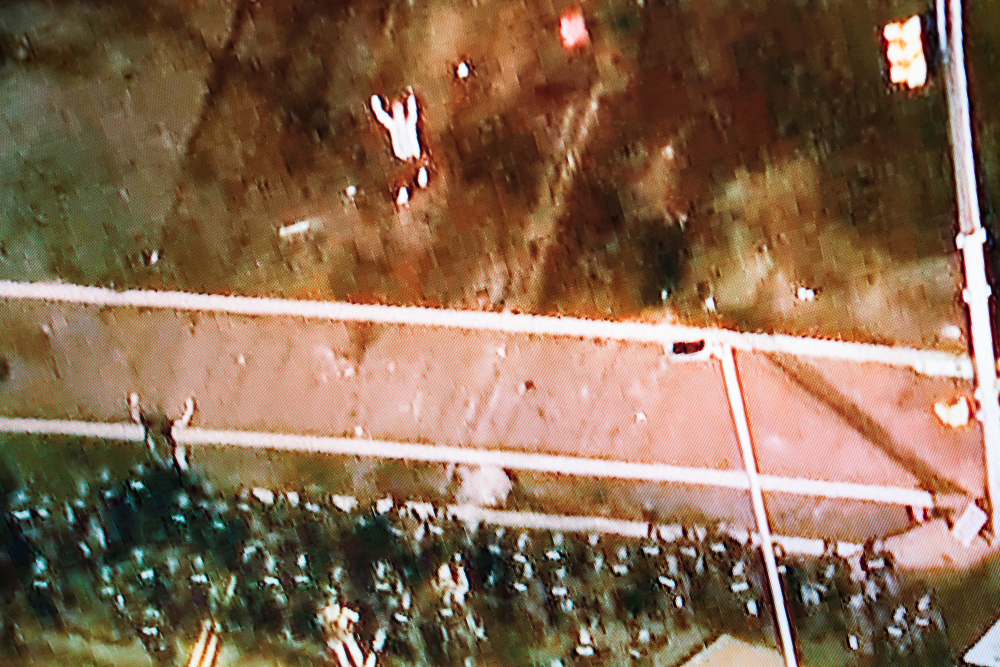
-What advice would you give on knowing what and how to share your work, and when not to.
Last year during the height of the Covid pandemic I made a book for the first time, On Screen, collecting photographs of TV and computer screens playing video reportage of the Black Lives Matter protests that were taking place throughout the country. Making the book was an intense and satisfying experience, and I would urge other photographers to try it. Online viewing can be a great introduction to a photographer's work, but it lacks the physicality necessary to convey the full impact of the pictures. And while it's great to see a single framed photograph hanging on a wall, I think photographs are most powerful in the company of other photographs. In making a book, you will see your pictures with fresh eyes. You will see connections between the pictures you might not otherwise have seen.
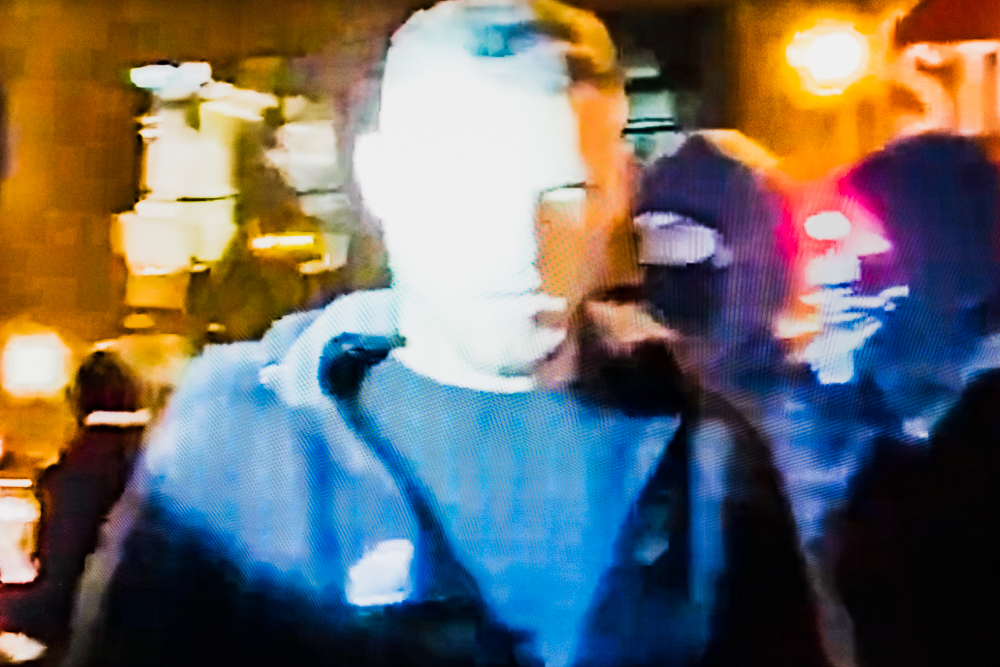
-What’s the best way for someone to check out your work and provide support?
People interested in my work can visit my website, https://mkamholtz.zenfolio.com, or Instagram account, @mkamholtz. People interested purchasing the book, On Screen, can follow the link to the Web Store on the website.
Statement
Rebellion in the Time of Covid-19
Throughout the Summer and Fall of 2020, as the Covid-19 epidemic raged and the streets exploded in mass protests over the epidemic of police killings, I created a series of images by photographing television and computer screens as the protests, and the often brutal police reaction to them, played out on television newscasts, live streams, and video uploads. The images represent my photographic response to these events as I was obliged to shelter at home due to the pandemic.
This highly mediated photographic process, full of digital artifacts and partially resolved images, distorted reality, but paradoxically revealed the intensity and emotion of the scenes as well. Although I was physically distant, the images feel intensely present.
The complete body of work consists of 75 images, which have been collected in a self-published monograph, entitled On Screen. The images depict events that occurred in Atlanta, GA; Boston, MA; Brockton, MA; Brooklyn, NY; Chicago, IL; Detroit, MI; Kalamazoo, MI; Kenosha, WI; Lafayette, LA; Louisville, KY; Minneapolis, MN; New Orleans, LA; Omaha, NE; Philadelphia, PA; Portland, OR; Providence, RI; Raleigh, NC; Richmond, VA; Rochester, NY; Seattle, WA; Vancouver, WA; Washington, D.C.; Wauwatosa, WI; and Wolf City, TX.
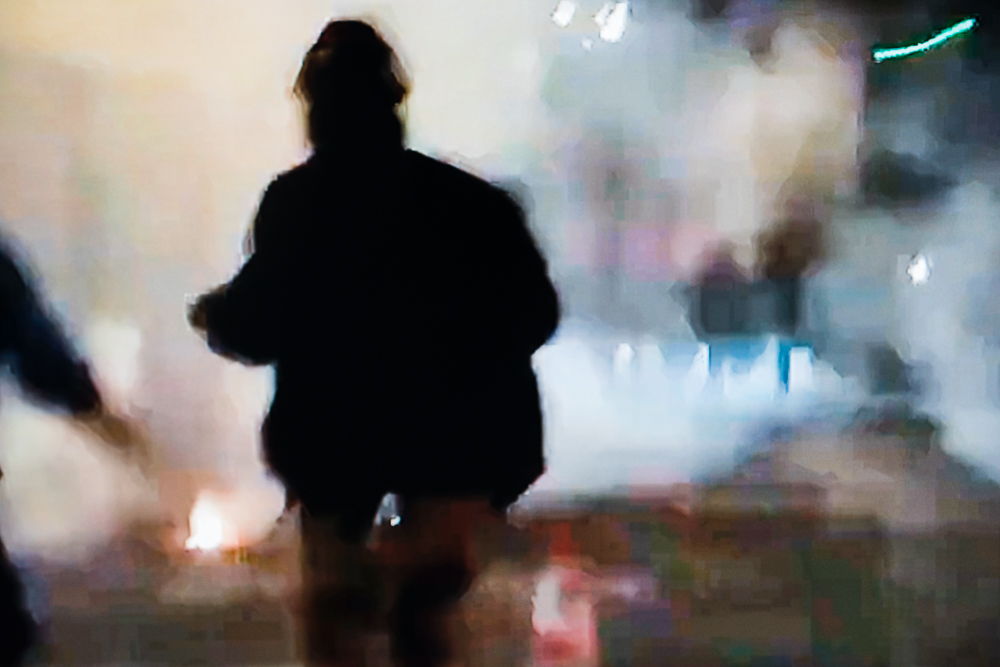
Bio
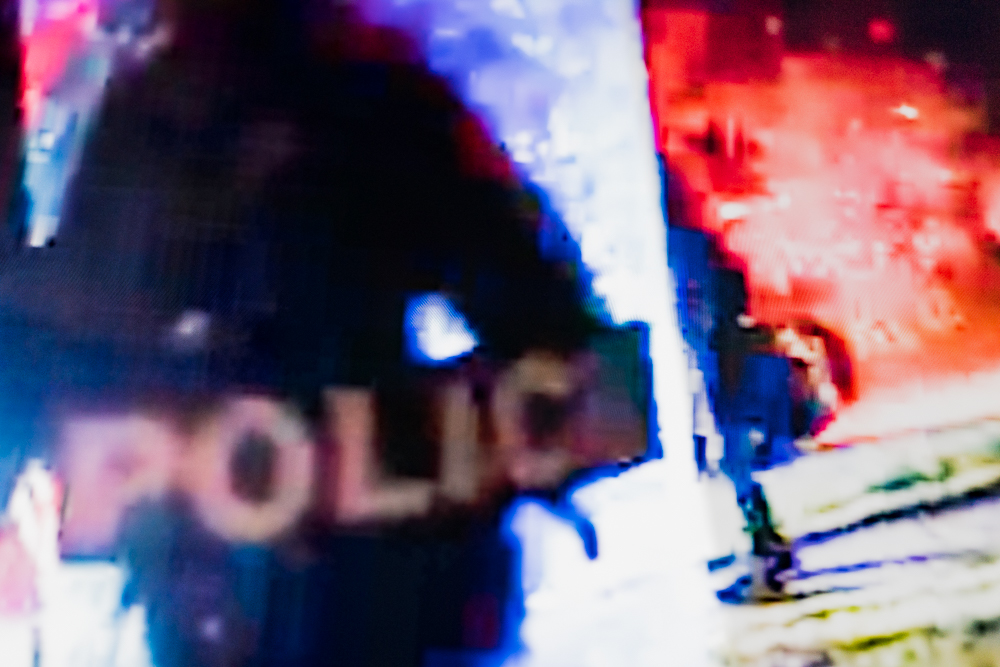
Matthew Kamholtz graduated from the State University of New York at Stony Brook in 1974 with a degree in Music and Philosophy. After working in New York City as a picture framer and pianist he relocated to Boston, Massachusetts, where he attended Boston University School of Law, graduating in 1982. For 35 years he worked in the Boston area as a criminal defense lawyer, primarily representing indigent clients.
Kamholtz began to seriously study photography in 2007 when he attended his first workshop. Since then, he has participated in workshops with photographers working in the broad documentary tradition, including Jeff Jacobson, Stella Johnson, Constantine Manos, and Alex Webb.
His work has been exhibited at the Davis Orton Gallery in Hudson, New York, the Griffin Museum of Photography, the Minneapolis Photo Center, the Praxis Gallery of Minneapolis, the Photographic Resource Center of Boston, and the 20/20 Photo Festival of Philadelphia. In 2019, he was awarded a finalist grant by the Massachusetts Cultural Council.
